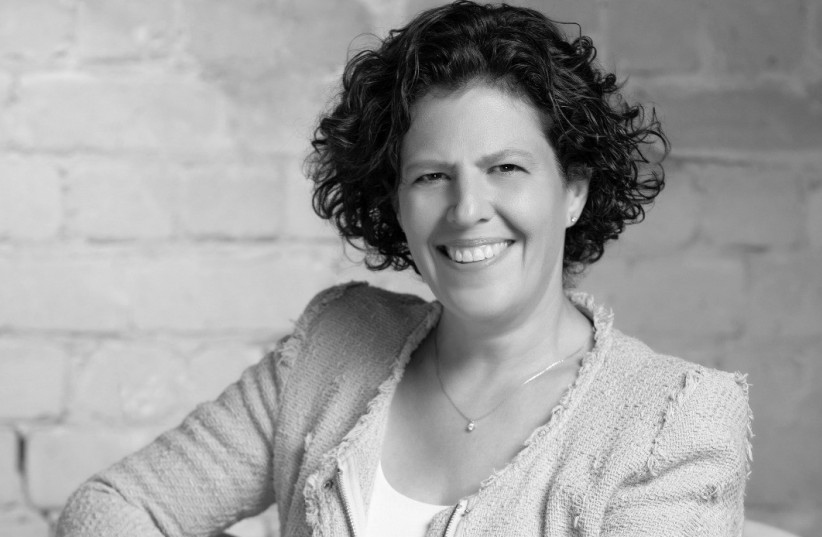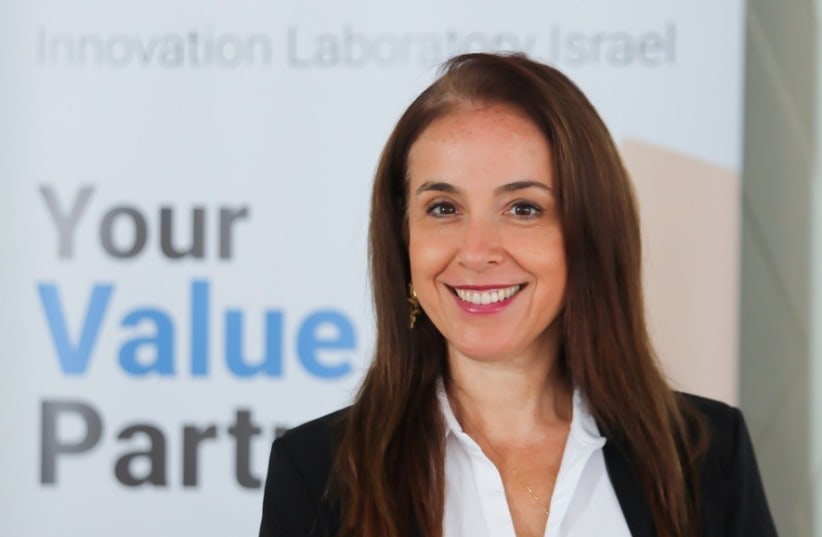This has been a historic year for Israeli hi-tech, with the sector reaching unprecedented highs in 2021 in terms of funding. While the industry has progressed in one way, however, there may still be work to do incorporating women and granting them equal opportunities in hi-tech.
“We meet hundreds of companies, and I don’t see many female entrepreneurs or executives in the meetings we hold,” said NTT Innovation Laboratory Israel CEO Noa Asher. “The current state of gender equality in the industry isn’t a very positive one. This is really disappointing.”
She explained how she feels that women are perhaps less encouraged to apply to executive roles in hi-tech, and that women are afraid to apply for jobs for which they feel they are not 100% qualified. According to the World Economic Forum’s Global Gender Gap Report, the percentage of female legislators, senior officials, and managers in Israel is a meager 34.6%. While this places it above some of its neighbors (Egypt: 7.4%, Lebanon: 21.2%), there is clearly much room for growth, and a global ranking of 60th means finding a female CEO in the Israeli tech sector is something of a rarity.
That lack of female representation is a common landmark in a woman’s journey to a leading role in hi-tech. Before moving to her current position, Asher worked as head of economic affairs at the Israel Embassy in Tokyo, where she was the first female in the position in a very male-dominant environment.
Urit Lanzet, COO at Cymotive, had a similar experience during her time in university. “When I was studying, there were about 80 people in my class. Most of them dropped out. Most of the group was men, and we were something like three women left in the computer science program.”


Once she graduated and made the move to a senior position in the workforce, though, Lanzet felt that she had the opportunity to advocate for other women in the field – those who were already present, and those contemplating their entry into hi-tech.
“I felt like I was in a good position to show other women – to show [all] people – that women care about technology, and can excel in it.”
Another facet of her advocating for women, as Lanzet put it, was “always being open to see or hear women in the office, to keep them from demeaning themselves in front of other people.” She was surprised to find that just having a title next to her name caused women from the company to come up to her and express their difficulties in the workplace. One of those difficulties, she explained, is that many women in the field feel it necessary to downplay the fact that they are women.
“A lot of strong women – in many industries, not just hi-tech – wanted to alienate themselves,” she said, noting that in recent years, there has been a positive shift away from that mindset.
That is certainly not the only challenge to be faced by women hoping to climb the professional ladder, however. Dana Rochman is the VP Product at Incredibuild. She explained that a woman’s shift to a managerial position is a difficult one.
“There are fewer and fewer women when you’re going up the ladder,” she said. “As long as you go higher and higher, that’s more of a problem.” Her company is something of an outlier.
According to Rochman, “There’s a female majority in our management. Like 60% of our management is women. Our CEO is also a woman.” She explained that this wasn’t the result of affirmative action – the women in these roles made it because they were the best-qualified applicants.
“This is the first place I’ve worked where I’ve seen this happen. I see it as hopeful, I see it as progress. I think there’s a lot yet to be done – but I want to see Incredibuild as a model for the future” said Rochman. “It’s crucial to show women that they can do whatever they want.” In regards to that future, she has laid out a roadmap.“It all starts with education. My daughter is eight years old. She needs to know that she’s not different from any men.”Rochman said her daughter chose to study in an after-school programming course.
“One day she said, ‘Hey, a girl from my class saw that I was going in [to the program classroom], and there’s only boys in the class, and I feel embarrassed.’ I told her she needs to be proud of herself. I told her to look at me, and to look at what I’ve done. It made her proud to be there, and she doesn’t feel different anymore.”Yael Lavie, chair of Bar-Lev High-Tech Park & Moshal Program, spoke about the great leadership potential that women hold, so long as they have the correct mindset.
“Women who are capable of thinking for themselves, who don’t pretend to be someone else – they can be very open, and inclusive, and be fantastic leaders and managers.” She added, “I think that this is something that’s happening. We’re seeing more and more women in leadership positions who manage their shows in a completely different way [than men do].”
Yael reinforced Rochman’s view on education’s importance. Her Moshal Program educates young women and men in Israel, preparing them for a successful future in the workforce, and she has seen an increasing number of women hoping to break into hi-tech. “I think more and more young women understand that this is where they should be, and they realize that they’re good enough.”

